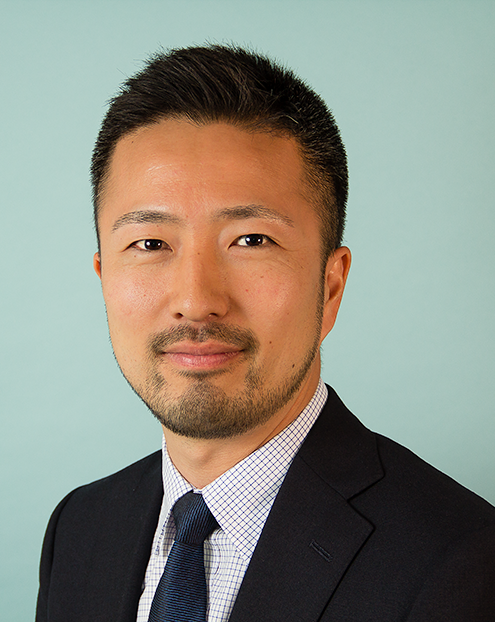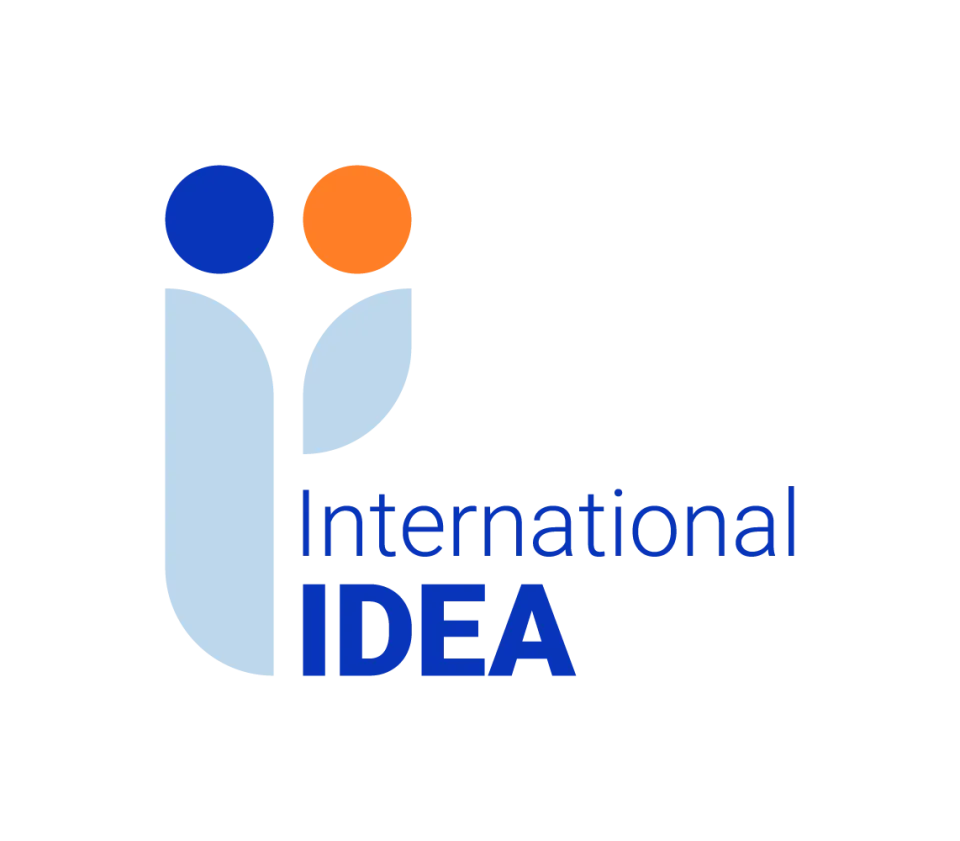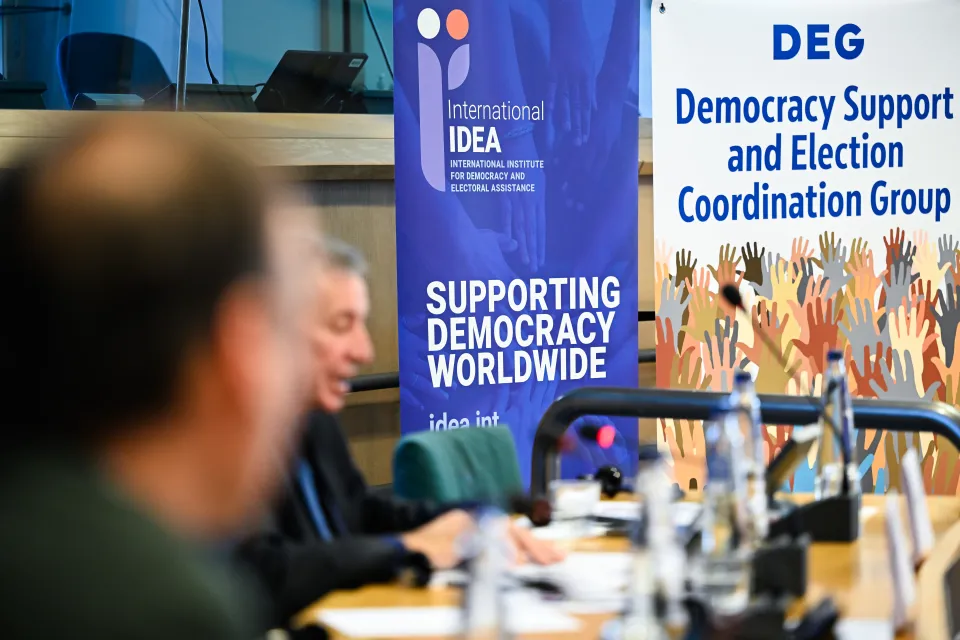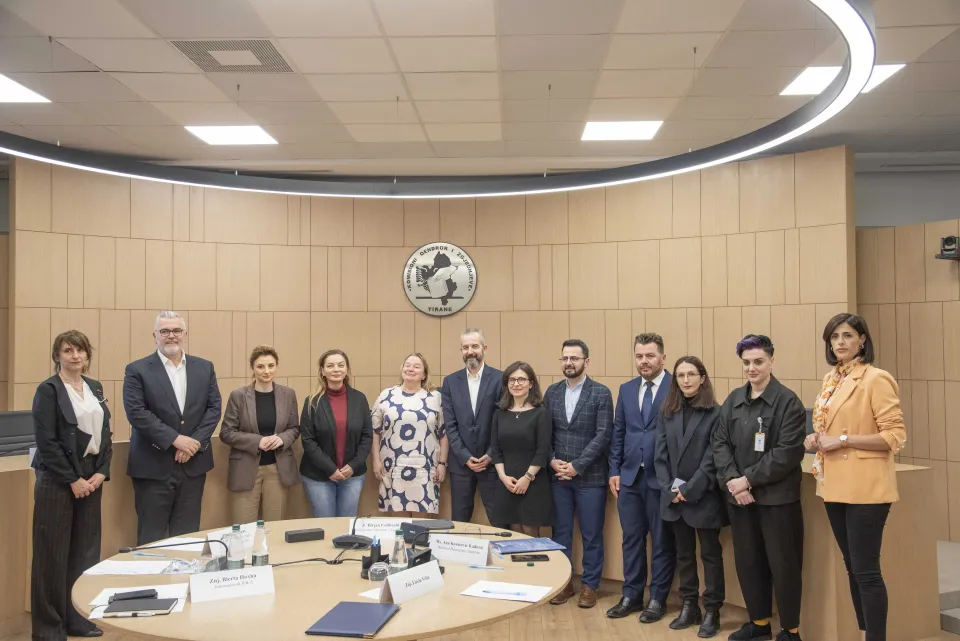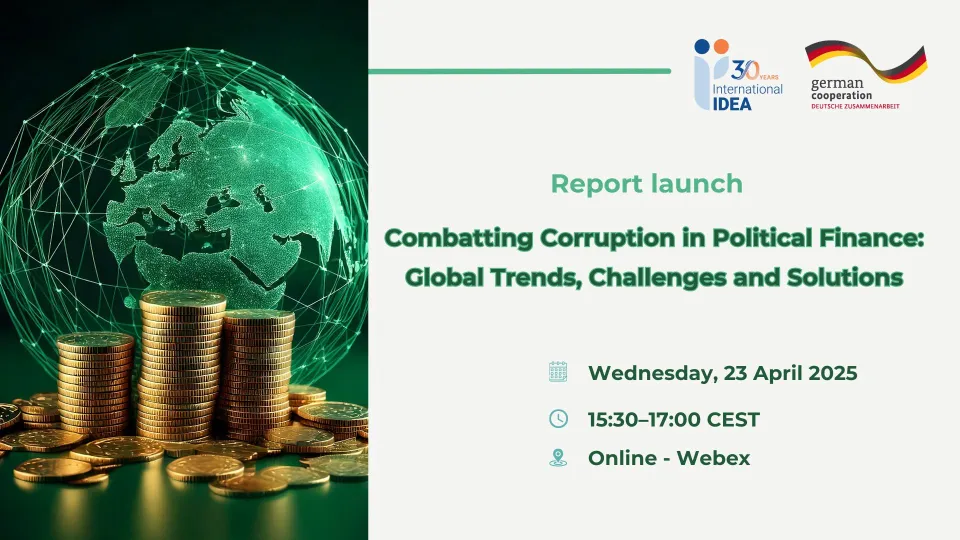Protecting Elections: How to up our game against malign online actors
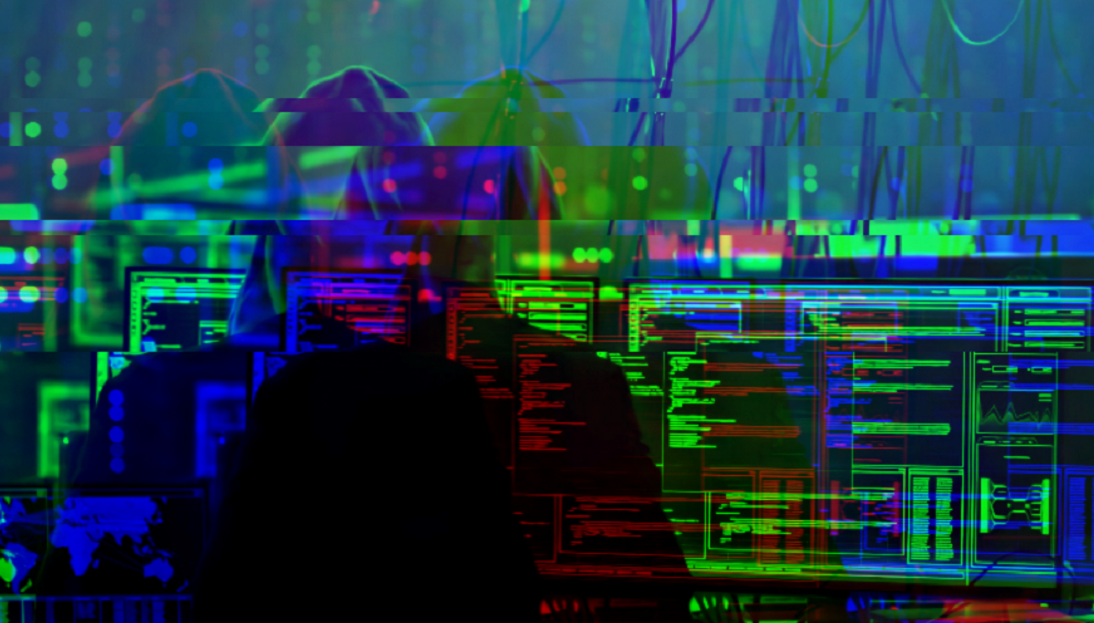
A recent major media investigation exposed a team of private contractors in Israel who allegedly interfered several elections in other countries by mobilizing disinformation campaigns. The incident has yet again highlighted the sophisticated techniques of election manipulation in the digital age. Policymakers need to continue working on a more holistic preventive mechanism against disinformation in order to protect elections and democracy. In particular, empowering digital oversight capacities of regulatory bodies and requiring political parties to disclose more details about their expenses are some of the urgent tasks for many countries.
Disclaimer: Opinions expressed in this commentary are those of the author and do not necessarily represent the institutional position of International IDEA, its Board of Advisers or its Council of Member States.
The alleged disinformation operations by “Team Jorge”—a team of private contractors based in Israel—has spurred debate about how to protect the integrity of elections around the world. However, it is important to note that such tactics are far from new and have seemingly become embedded in campaign strategies in many countries for years, including Cambridge Analytica and their well-known influencing operations with possible links to “Team Jorge” in the 2010s and the rigging of a number of elections across Latin America by Andrés Sepúlveda in the 2000s. In fact, it seems that the media investigation only scratches the surface of numerous services provided by so-called influence industry.
“Team Jorge” reportedly offered a wide range of state-of-the-art tools to its clients, including sophisticated botnets, hacking attacks against email accounts and mobile phones and influencing traditional media via journalists in their dark network. Some of the revealed techniques are incredibly advanced and are commonly only associated with state actors such as intelligence services.
So, are democracies entirely defenceless against such attacks? It is encouraging to see that efforts to combat domestic and foreign election interference have intensified worldwide in the last few years. These efforts are multifaceted and include:
- The EU Digital Service Act requires online platforms to assess the risk of coordinated disinformation activities and mitigate them accordingly. In addition, 34 signatories of the EU Code of Practice on Disinformation explicitly commit to measures against hack and leak operations, bot-driven amplification, the creation of fake accounts and account takeovers—the very tools applied by “Team Jorge”. The upcoming EU regulation on the transparency and targeting of political advertising will further increase the oversight of advertising services within the region.
- Tighter controls and regulation of online campaign finance are in place or under way in the increasing number of countries.
- Many government agencies and electoral management bodies across the world have increased their efforts to protect themselves against cyber-attacks, including through intensified cooperation and information exchanges with other competent authorities.
These measures are often in the early phases of implementation and available in the limited number of countries. And even in such advanced contexts, it seems that the attackers learn to circumvent the preventive measures that are newly in place. Protecting elections and democracy will require continuously reviewing and upping the defence mechanism against cyber threats in a holistic manner.
Moving forward, disclosure requirements for political-party expenditure in many countries will need to be updated to better capture the realities of modern campaigns, particularly in relation to digital advertising. Standardizing political parties’ invoicing practice will also help shed more light on the nature of professional services paid by them. More awareness raising and practical training need to be provided to political parties and candidates as well in order for them to become vigilant and protect their cyber security. Online platforms, oversight agencies and watchdogs will need to become more efficient and develop capacities to quickly adopt sophisticated tools similar to those used by the attackers, including artificial intelligence. Continued research to better understand the financial, cognitive and technical attack vectors exploited by perpetrators will become more important than ever.
In order to contribute to ongoing global efforts against malign actors online in democracy, International IDEA actively works with oversight agencies, political parties and civil society organizations at the regional and national levels. Recent initiatives include the development of the first national code of online conduct for the Dutch political parties, convening a national dialogue for inter-agency cooperation on cyber security in Albanian elections, and producing case studies on online campaign finance regulations. International IDEA continues to conduct cutting-edge research on the nexus between democracy and digitalization while facilitating a knowledge exchange on how best to protect elections against cyber threats.


